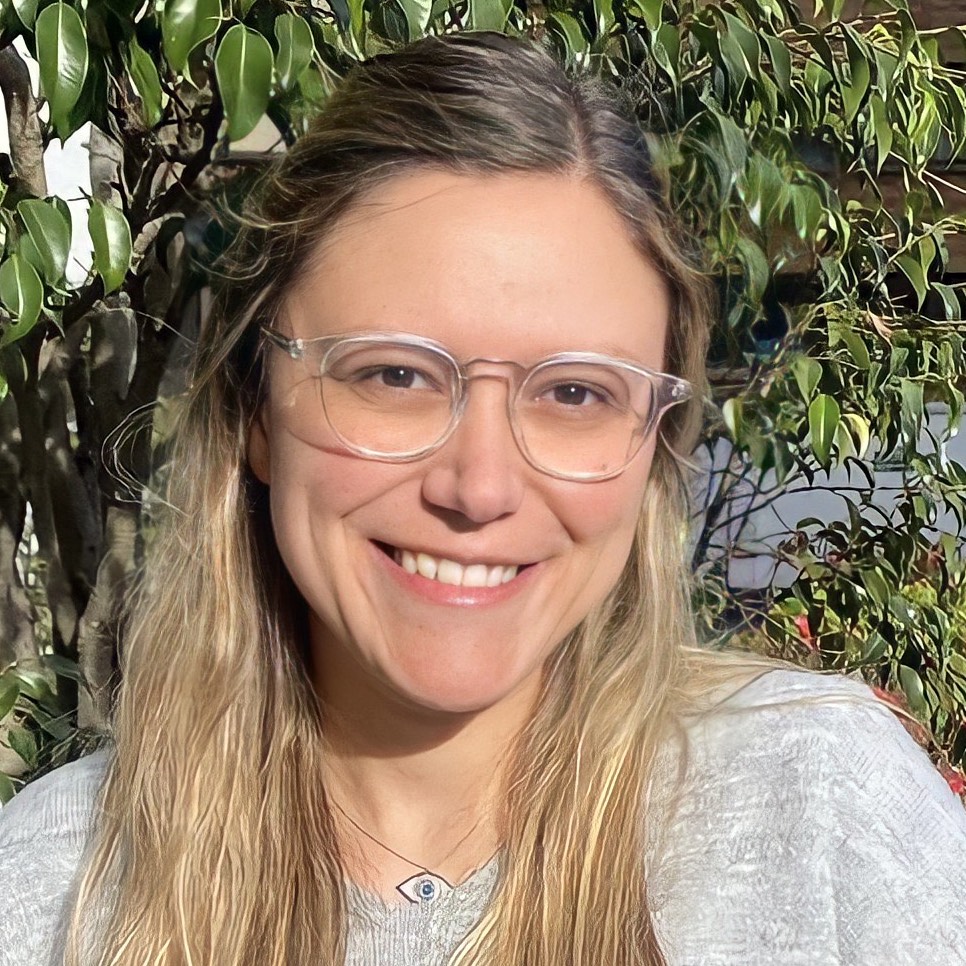The Nature of Polarization and its Implications for Advancing Belonging within Contexts of Democratic Decline
Location: Atelier 2
Polarization has been used to describe the political and social realities of societies across the world. To a certain degree, it has been overused so much that it has become a blanket term to describe an array of diverse realities. Is polarization simply a divergence of opinions? The dehumanization of the other? Both? Is it always bad? Is it sometimes good? And what are the impacts of polarization in our quest to achieve societies of belonging? Do we need to overcome it, defuse it, or transform it? And how? How should we – or how can we – as individuals committed to belonging, tackle this phenomenon? What tools does society have to face polarization? How does polarization influence policy choices?
In this session we will hear from three organizations who have grappled with polarization in their efforts to contribute to peaceful societies, human rights, and social cohesion across Europe, the USA, and the globe. Our goal in this session will be to understand what we mean by polarization, whether it accurately describes the moment we are facing, and what to do about it, if anything.
Presented by the Institute for Integrated Transitions:
The Institute for Integrated Transitions (IFIT) is an international non-governmental organisation dedicated to helping fragile and conflict-affected states achieve more sustainable transitions out of war, crisis or authoritarianism. IFIT’s core work is to serve as an expert resource on integrated policy solutions for locally-led efforts to reduce polarisation and break cycles of conflict or repression.





